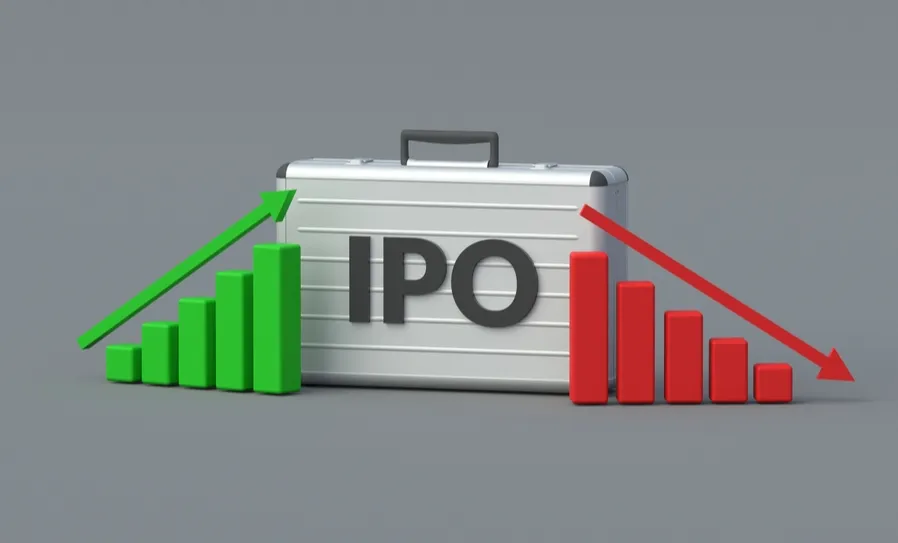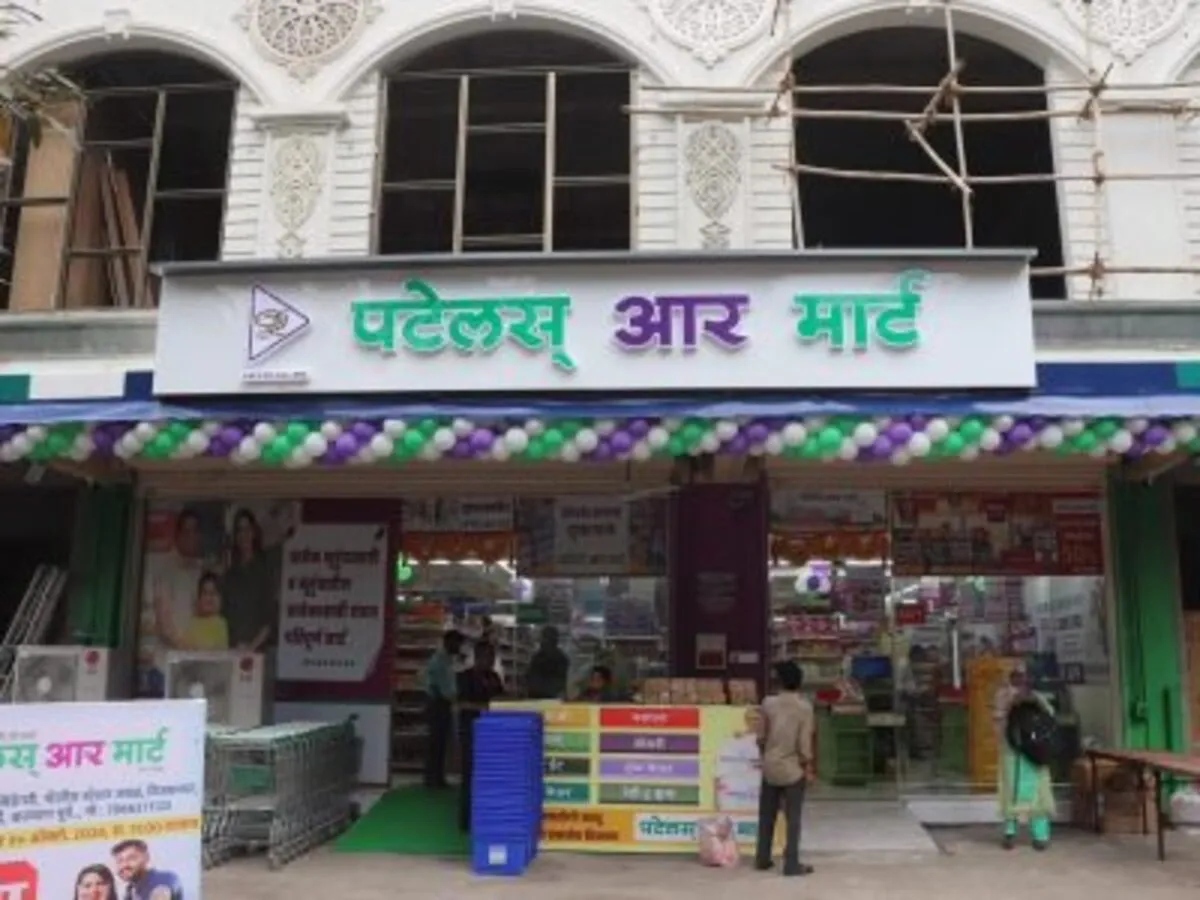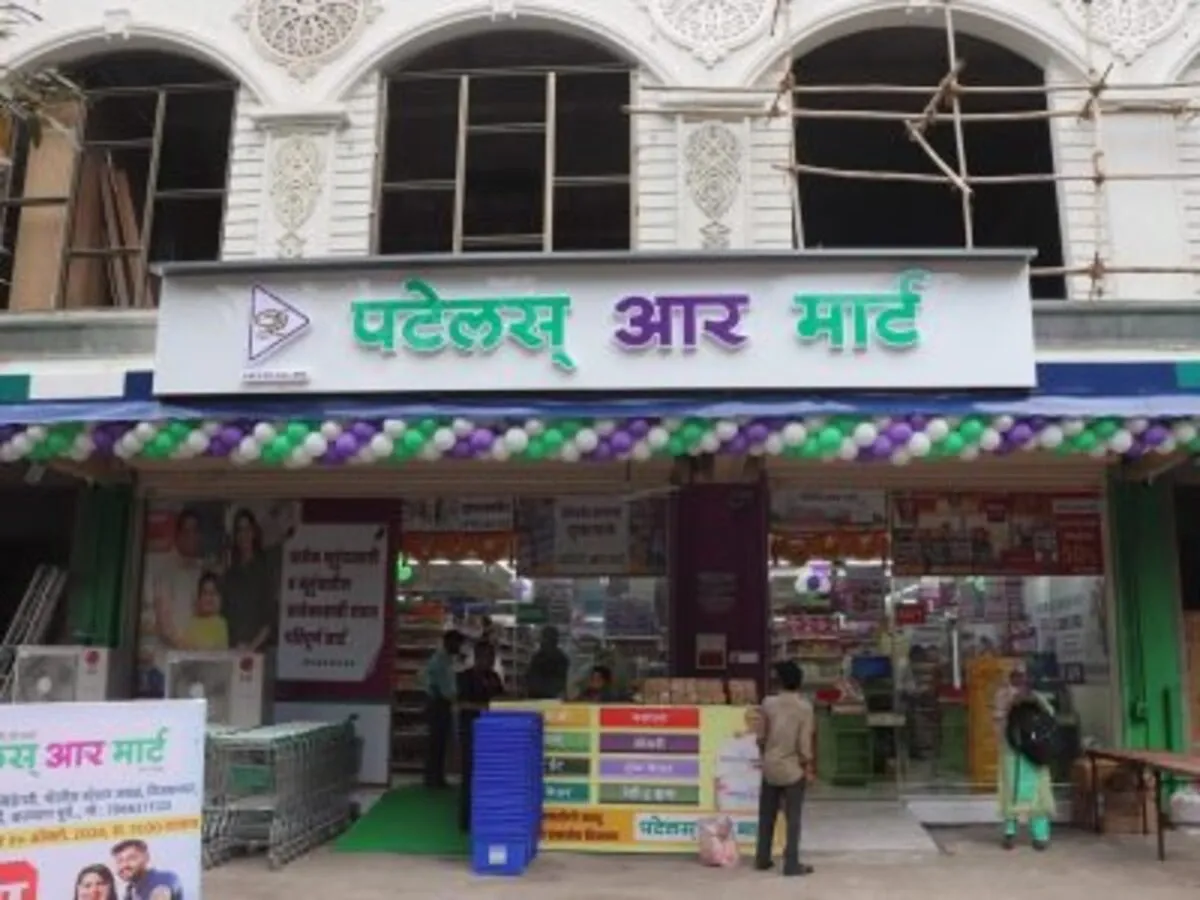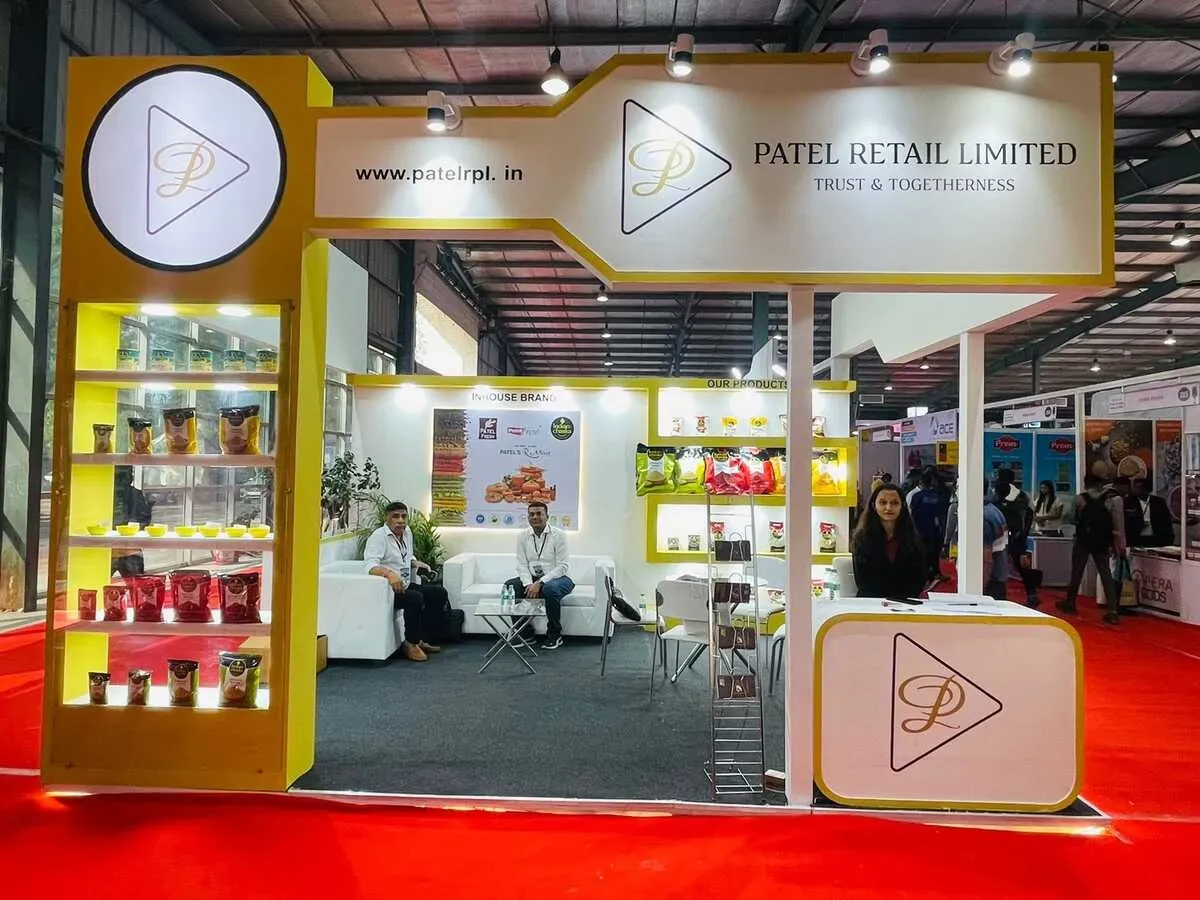- Home/
- IPO
95.15x
subscribed
Patel Retail IPO
95.15x
subscribed
Patel Retail Limited IPO Details
Patel Retail Limited IPO Overview
Patel Retail Limited IPO date
Patel Retail Limited IPO will open for subscription on August 19, 2025, and the closing date for the IPO is August 21, 2025. After this, investors are expected to be updated about the allotment status on August 22, 2025.
Investors who have been allotted shares can expect them to be credited to their demat account on August 25, 2025. The shares will be listed on the NSE and the BSE on Tuesday, August 26, 2025.
Patel Retail Limited IPO price band
The IPO includes a fresh issue of shares and an offer for sale. The IPO price band has been set between ₹237 to ₹255 per share. Interested investors can choose a price within this band to apply for the IPO.
The IPO is a book-building issue, comprising a fresh issue of ₹215.91 crore and an offer for sale of ₹25.55 crore.
Patel Retail Limited IPO listing price will be determined on Aug 26, 2025. The listing price is the price at which a company’s shares debut on the stock exchanges.
Patel Retail Limited IPO lot size
Patel Retail Limited IPO details have been declared. The minimum lot size for an application is 58 shares, and the investor would have to apply for a minimum of 1 lot. Meanwhile, the IPO issue size is approximately ₹242.76 crore.
Checklist
Compare
Companies in this sectorObjectives
Strength and Weakness
The company has expanded its retail footprint from 30 stores in FY23 to 43 stores as of May 2025, primarily in tier-III cities and suburban pockets within Maharashtra’s Thane and Raigad districts. Retail space also grew from 1.22 lakh sq. ft. in FY23 to 1.74 lakh sq. ft. in FY25, with consistently healthy sales per sq. ft. of ~₹21,000+.
Patel Retail's inventory turnover ratio, a key efficiency metric, stood at 5.18x in FY25, an improvement over 7.39x in FY23 due to optimisation in inventory levels. The company offers 10,000+ SKUs per store and leverages data analytics for procurement and pricing. Additionally, losses from pilferage were brought down drastically from ₹0.97 crores in FY21 to ₹0.08 lakhs in FY25, reflecting robust internal controls.
With access to 1,500+ farmers and aggregators, Patel Retail ensures a stable supply of raw materials. Storage infrastructure includes dry storage capacity of 3,040 MT, cold storage capacity of 3,000 MT, and additional capacity of 8,500 MT at Facility 1 and 11,000 MT at Facility 2. The company has also leased 7.975 acres of land for future warehousing needs.
Patel Retail’s manufacturing units are strategically located near its retail network and sourcing regions. Its Ambernath facility in Maharashtra supports export and retail operations, while its Agri-cluster in Dudhai, Gujarat, houses multi-product units for spices, flour, pulses, and peanuts. Equipped with automated systems like cryogenic spice grinding and stoneless atta milling, these facilities ensure high-quality processing, scalability, and cost-effective production.
Patel Retail offers a wide range of products across food, FMCG, apparel, and home essentials through both third-party brands and its own labels like Indian Chaska and Patel Fresh. Its varied pack sizes and product categories cater to diverse consumer segments and evolving preferences.
With a central distribution centre in Ambernath, 18 company-owned trucks, and third-party partners, the company ensures fast, cost-efficient delivery within a 60 km radius and to over 35 countries. In FY25, non-retail revenue reached ₹457.27 crore, including ₹183.76 crore domestic sales and ₹273.50 crore exports, supported by well-networked last-mile delivery and optimised stock replenishment.
About Patel Retail Limited
IPO Analysis




